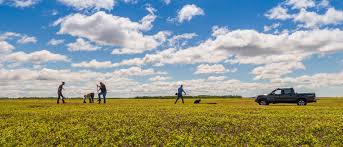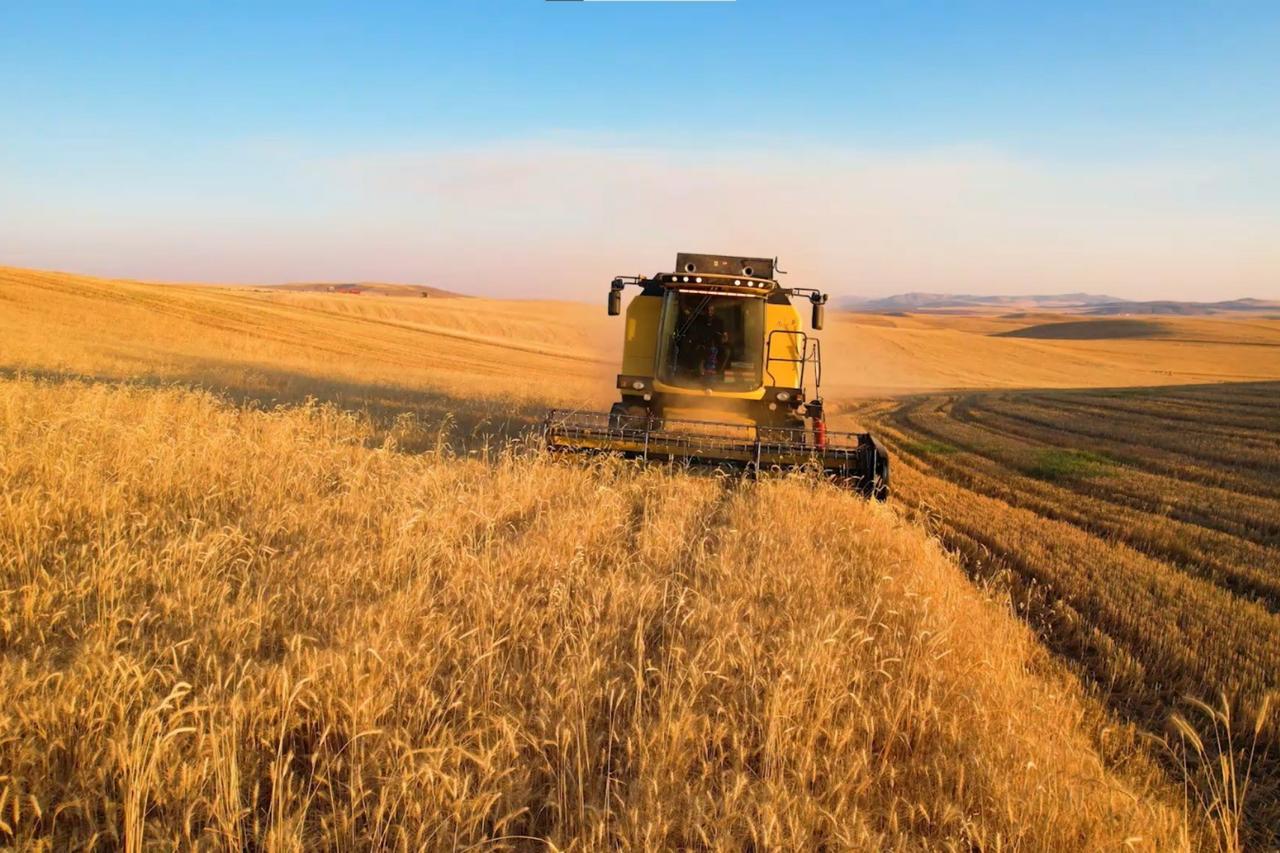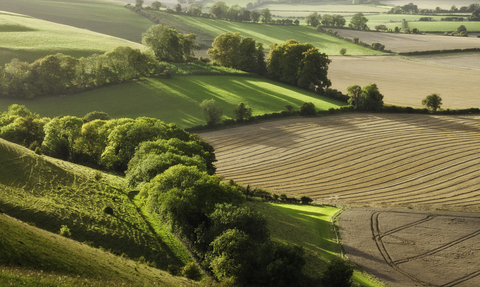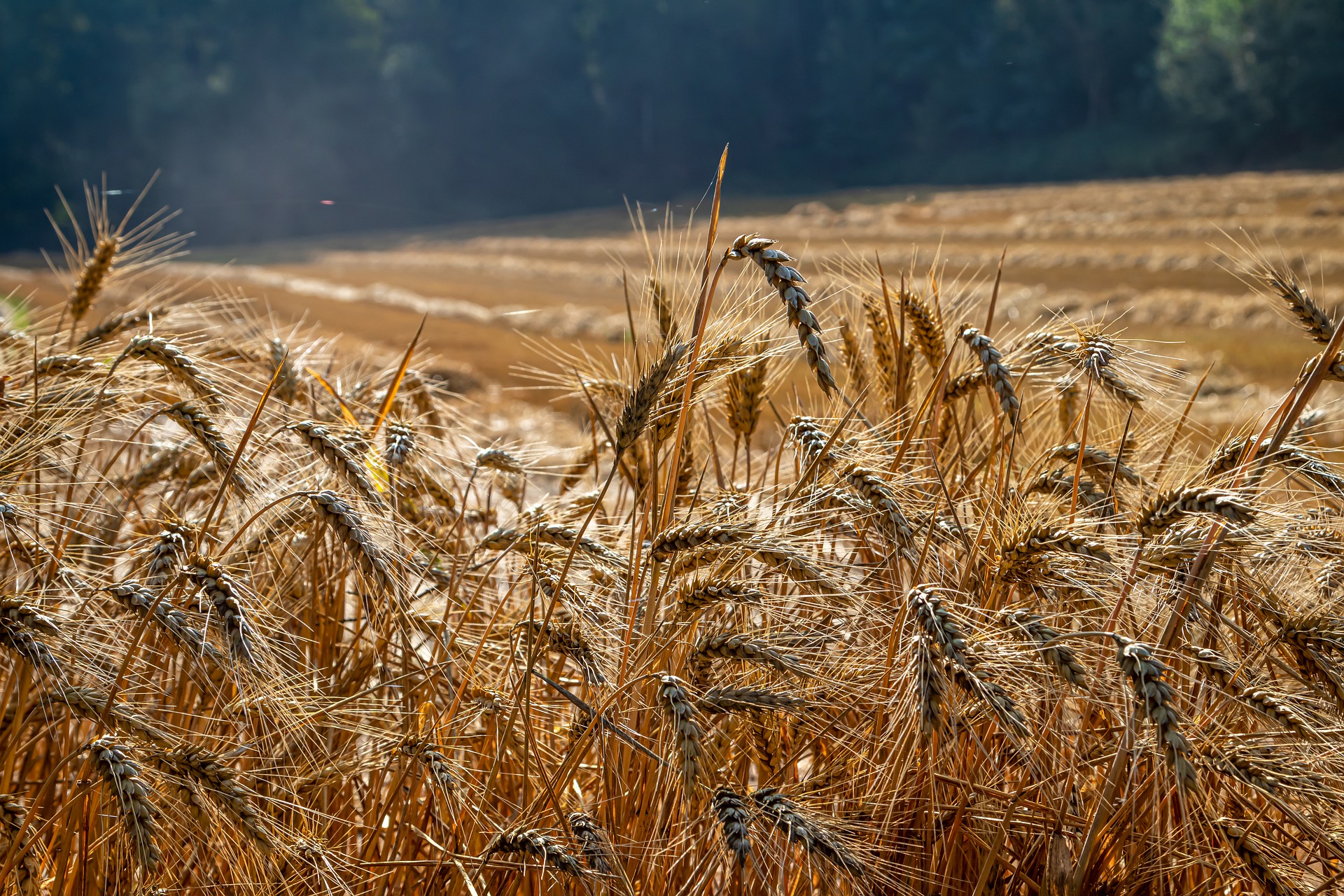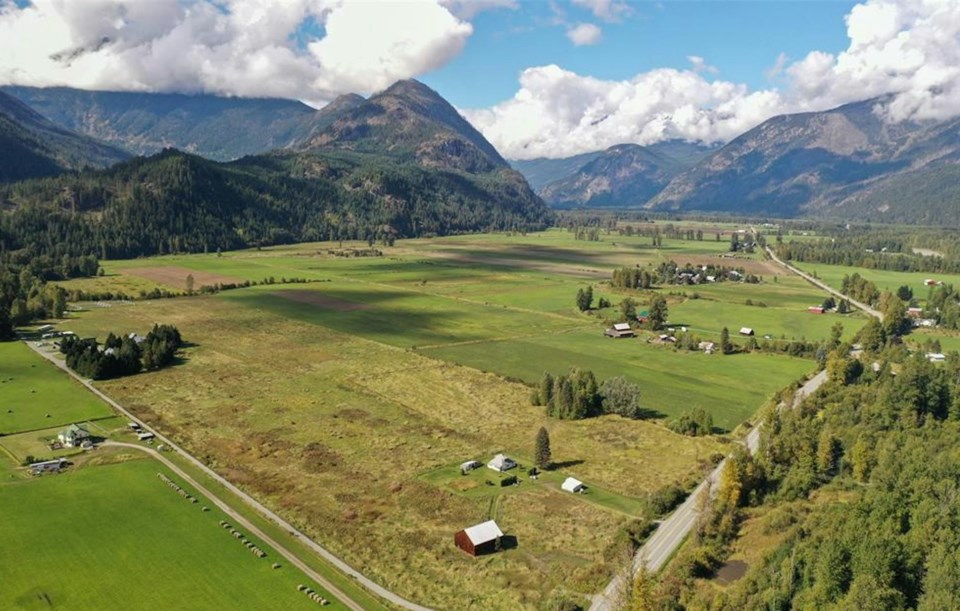AI has emerged as a promising tool in the fight against climate change which has the potential to revolutionise agriculture by optimising resource management, increasing crop productivity, and helping farmers make more informed decisions.
To address the challenges faced by the GCC, which is particularly vulnerable to the impact of climate change due to its arid climate, water scarcity, and high dependence on food imports, and ensure food security in the Gulf, AI can play a crucial role in transforming agriculture in several ways, writes Layth Dwairi, CEO, EnvEnTech (Environmental Engineering Technologies).
In the GCC, agriculture consumes up to 85% of the total water supply in the region, making it increasingly difficult to maintain sustainable food production.
Soil fertility
Soil fertility in the GCC is generally low due to the presence of saline and sandy soils. The overuse of chemical fertilisers, pesticides, and other agrochemicals further exacerbates soil degradation.
The region experiences some of the highest temperatures globally, which can negatively affect crop growth and yield. As climate change progresses, the frequency and intensity of heatwaves are expected to increase, posing further challenges on agriculture.
Climate change may also lead to the prevalence of pests and diseases, threatening crop productivity and food security.
GCC countries import up to 85% of their food requirements. This high dependency on food imports exposes the region to global price fluctuations and supply chain disruptions.
Precision agriculture
Precision agriculture refers to the use of advanced technologies to optimise agricultural inputs and improve resource management. AI-powered solutions help farmers monitor soil health, water usage, and crop conditions in real time, enabling them to make more informed decisions and minimise waste. For instance, AI algorithms offer a potent tool to examine data from satellite imagery, drones, and IoT sensors to determine the optimal amount of water and nutrients required for each crop. This not only conserves valuable resources but also promotes sustainable agriculture practices.
Crop yield prediction
Accurate crop yield predictions are essential for farmers to make informed decisions about which crops to grow and when to harvest. Using AI, farmers would be able to explore historical data, weather patterns, and other factors to predict crop yields with greater accuracy than traditional methods. These insights can help them plan their cultivation strategies more effectively, reducing the risk of crop failure due to climate change.
Pest detection
Early detection of pests and diseases is crucial for preventing crop loss. AI-powered image recognition technology is able to quickly study images captured by drones or other remote sensing devices and identify signs of pest infestations. This enables farmers to take timely action such as applying targeted pesticides or implementing other control measures, thereby minimising crop damage and maintaining productivity.
Climate-resilient crop development
AI has a role to play in developing climate-resilient crop varieties that are capable of withstanding extreme weather conditions such as droughts, floods, and high temperatures. AI-driven analysis of genetic data allows us to identify specific traits associated with climate resilience and help breeders develop new crop varieties more efficiently.
Supply chain optimisation
Optimising supply chain operations through data wrangling and analysis is possible through AI. For example, AI algorithms can forecast food demand based on previous data, allowing producers and retailers to adjust their production and distribution strategies accordingly. This helps minimise food waste, improve resource efficiency, and ensure the availability of essential food supplies in the Gulf.
As the world faces an uncertain future due to climate change, it is imperative for governments, businesses, and researchers to collaborate and invest in AI-driven solutions to build a more resilient and sustainable agricultural sector.
Source - http://www.tradearabia.com





